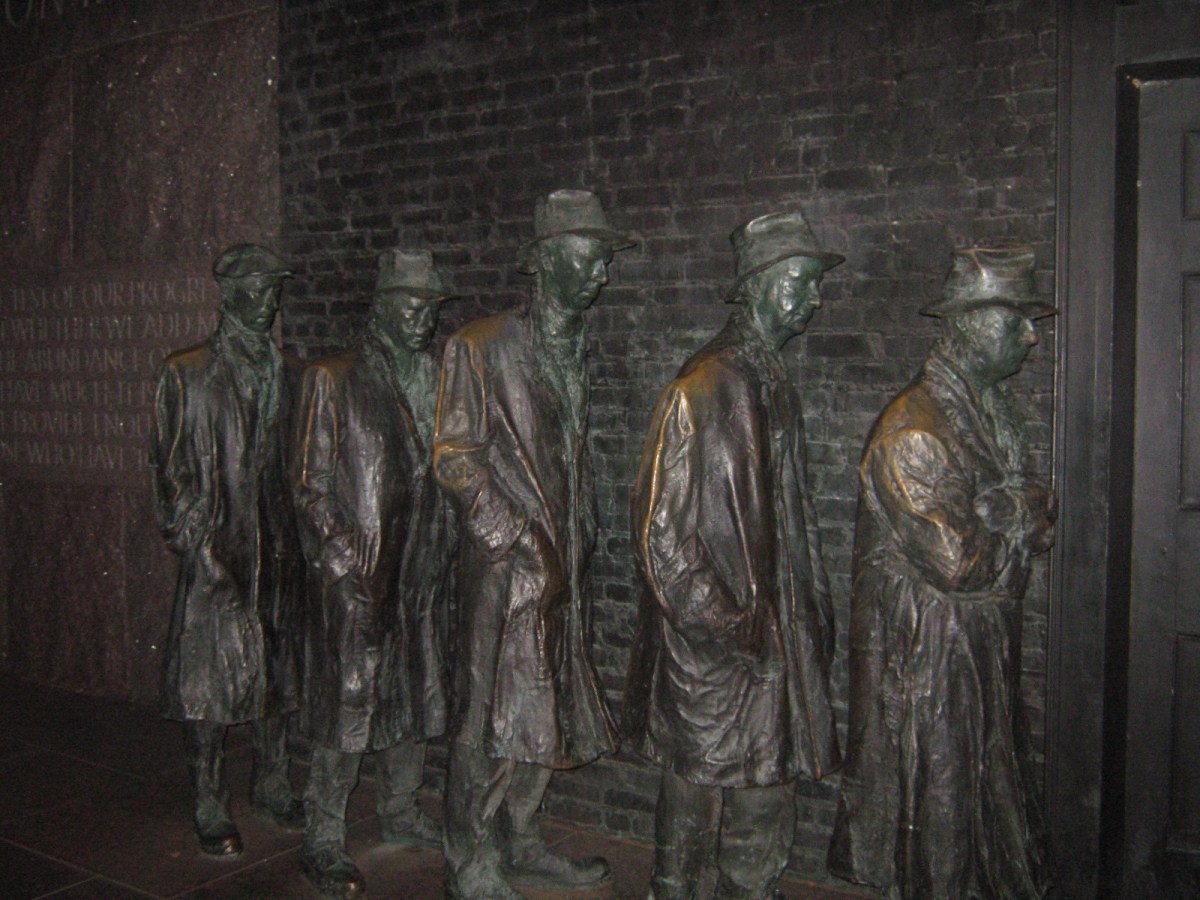As with Episode Five about the controversial topic of Evolution vs. Creation and Intelligent Design, this episode, Six, will be in two parts. This post will discuss how indentured servitude, stemming from poverty and debt, plays into the trilogy. Part Two will feature snippets about the consequences of indentured servitude from the trilogy.
Throughout history, neither poverty nor debt has been controversial, and poverty and debt can happen by being born into it with virtually no way out, or through bad fortune, or through theft. Billions of people on Earth are poor and even more are in debt of some kind.
What makes poverty and debt controversial within The Prodigal Band Trilogy, however, is the legally binding document called an indenture, which by definition binds one party into the service of another party for a stipulated period of time. The document is called an indenture based on a legal meaning of an ‘indent’ which is a legal contract drawn up in duplicate or triplicate. Thus, the notion of ‘indentured servitude’ means that person doing the service does so for a stipulated period of time; mostly in history it has been used to pay back a debt. Historically, that period of time tended to be seven years.
Along with slavery, indentured servitude was abolished in the US by the 13th Amendment to the Constitution, which reads: “Neither slavery nor involuntary servitude, except as a punishment for crime whereof the party shall have been duly convicted, shall exist within the United States, or any place subject to their jurisdiction.”
What caused indentured servitude to happen in the US when, as everyone knows, beginning in 1619 African slaves were brought to the US? According to an article here, “While slaves existed in the English colonies throughout the 1600s, indentured servitude was the method of choice employed by many planters before the 1680s. This system provided incentives for both the master and servant to increase the working population of the Chesapeake colonies.” What incentive would be for the ‘servant’? According to the article, “Each INDENTURED SERVANT would have their fare across the Atlantic paid in full by their master. A contract (known as the Headright System) was written that stipulated the length of service — typically five years. The servant would be supplied room and board while working in the master’s fields. Upon completion of the contract, the servant would receive “freedom dues,” a pre-arranged termination bonus. This might include land, money, a gun, clothes or food. On the surface it seemed like a terrific way for the luckless English poor to make their way to prosperity in a new land.” And yet, the article states only 40 percent of indentured servants lived to receive this benefit, and, because each landowner ‘master’ was given land for each ‘servant’ brought over, the ‘servants’ who lived out their terms were forced to get land in the western, mountainous parts of Virginia…you know, Appalachia? ‘White trash’ central? Home to mostly Scots-Irish, Irish, English and Scots descendants of poor white indentured servants! And it is also home to one of my favorite genres of music—bluegrass! Note: Since I have Irish and Scots-Irish ancestry, I just might be also descended from indentured servants. In former Virginia Senator Jim Webb’s book, ‘Born Fighting,’ about the trek of Scots-Irish from Scotland to Ulster to America, he claims nearly all Scots-Irish came over indentured. (YouTube also has a video named “Born Fighting” about Webb’s book) The article ends thusly: “But by 1660, much of the best land was claimed by the large land owners. The former servants were pushed westward, where the mountainous land was less arable and the threat from Indians constant. A class of angry, impoverished pioneer farmers began to emerge as the 1600s grew old. After BACON’S REBELLION in 1676, planters began to prefer permanent African slavery to the headright system that had previously enabled them to prosper.”
But my prodigal band characters are Brits, right? So how does indentured servitude play into a theme of my trilogy? As I’ve stated in other posts, I once knew a woman from southwest England who lived in the local area with her husband. She told me once that indentured servitude still existed in parts of England, mentioning Cornwall, which just happens to be the poorest county/shire in England. She said they had limited electricity and water and were extremely poor. I do not know if she was telling the truth or not about if these folks were indentured or not, or if she just made that up since most of Cornwall is a duchy, owned by the Royal Family (where the title ‘Duke of Cornwall’ comes from). Whether this ‘indentured servitude’ existing in England today is true or not, she inspired me to make the drummer Tom, from an extremely poor family, to be instead from an indentured family.
And not just for five years, either, but forever—for that was the deal a wicked fictional Fourth Duke of Effingchester made ‘with the devil’ so that ‘demons’ would burn the Walltown peasant rebellion in 1136 to the ground; the Duke’s serfs would remain forever in debt. Drummer Tom was descended from a serf family. He and his family lived in the Walltown slum called ‘the Hovels.’ And it was this desire and duty to pay off the millions of pounds of debt over hundreds of years that led Tom to want to ‘make it big’ in the rock and roll music business.
In Part Two coming early next week (I hope!), several snippets featuring drummer Tom will be featured, including one regarding how the evil Fourth Duke of Effingchester ‘indentured’ his serfs under the guise of ‘liberating’ them, and how his evil descendant, the Fifteenth Duke of Effingchester (named Marty) would react when Tom, now a wealthy rock star, paid off the debt. And more.
Interested in purchasing any of the books or downloading the FREE PDF The Prodigal Band? See the menu options above.
The Prodigal Band Trilogy © 2019 by Deborah Lagarde, Battle of the Band © 1996 by Deborah Lagarde, The Prophesied Band © 1998 by Deborah Lagarde and The Prodigal Band © 2018 by Deborah Lagarde. Permission needed to copy any materials off this page.
Photo copyright © Deborah Lagarde.


One thought on “Snippets of The Prodigal Band Trilogy Controversial Topics Series: Episode Six-The Consequences of Poverty and Debt (Part One)”